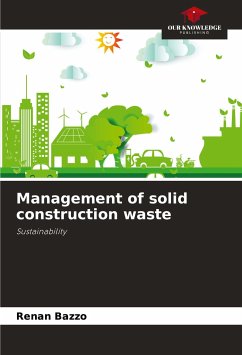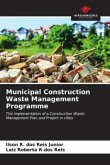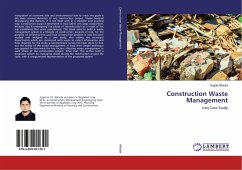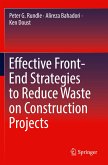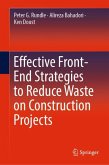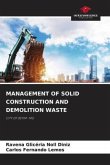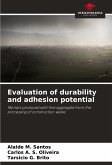Construction waste accounts for approximately 45% of the solid waste produced daily in the municipality of Tupã-SP. This is made up of stones, sand, concrete, wood, ceramics, bricks, tiles, paint, in other words, materials from construction, remodelling and demolition. The irregular disposal of RCC in Brazilian municipalities causes serious environmental impacts, so there is a need to study ways of minimising these impacts caused by incorrect disposal. With this in mind, this study aims to carry out a bibliographical survey on the management of construction waste in the municipality of Tupã-SP. The archives of the municipal administration bodies that manage construction and demolition waste (CDW) were consulted, the relevant municipal legislation was researched, as well as how this waste is managed, State Law 12.300/2006, which establishes the State Solid Waste Policy and CONAMA Resolution 307/2002, as well as the links in the production chain and the final destination of this waste.
Bitte wählen Sie Ihr Anliegen aus.
Rechnungen
Retourenschein anfordern
Bestellstatus
Storno

